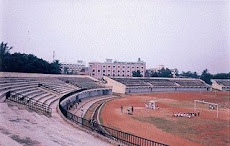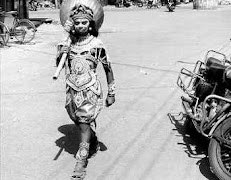Nature has made the Rushikulya rookery coast in Ganjam district of Odisha conducive to mass nesting of Olive Ridleys, which is expected to occur by last week of February.
The Rushikulya rookery coast is a major mass nesting site of the endangered marine turtles. No mass nesting occurred here last year, although lakhs of Olive Ridleys had gathered in the sea near the coast. At present mating has started. Hopes are high that in the coming nesting season, the turtles will arrive to lay eggs at the Rushikulya rookery coast.
Some positive changes at the coastline have made the beach more favourable for mass nesting in comparison to past years. These are shifting of the Rushikulya river mouth, erosion and vanishing of a large sandbar and widening of sandy beach through deposition, said Berhampur Divisional Forest Officer (DFO) Ashis Behera.
During the past few months, the river mouth has shifted around three kilometres towards Purunabandha from near Gokharkuda village. Due to this, a stretch of over three kms, about 300 to 500 metres wide, has emerged. Sand is loose in this region, which is favourable for nesting as the mother turtles dig it up to lay their eggs. Earlier this stretch of beach was eroded by the sea and was too narrow for mass nesting.
Sea erosion and its deposition had formed a large sandbar of over 1.5 km long and 10 to 20 metre wide near Gokharkuda. This was preventing the turtles from reaching the coast and they were nesting on this sand bar. Several nests were washed away by the waves from here. The erosion had started in 2016 beginning. “Now this sand bar has completely vanished and its sand is deposited on the coast, widening it. Now the turtles would be able to reach the beach directly and easily,” said Mr Behera.
To protect the mating turtles, a special squad of officials from the Forest and Marine Fishery Departments has started patrolling the sea near the coast. The squad has two speed boats from the Forest Department, one trawler each from the Fisheries Department and Gopalpur port. Nine on-shore camps have been established by the Forest Ddepartment on the coast where the turtles usually come to nest near the rookery. Beach cleaning process has also started.
Some positive changes here have made the beach more favourable for mass nesting
By Sib Kumar Das
- The Hindu, BERHAMPUR,DECEMBER 24, 2016






































.jpg)

















































